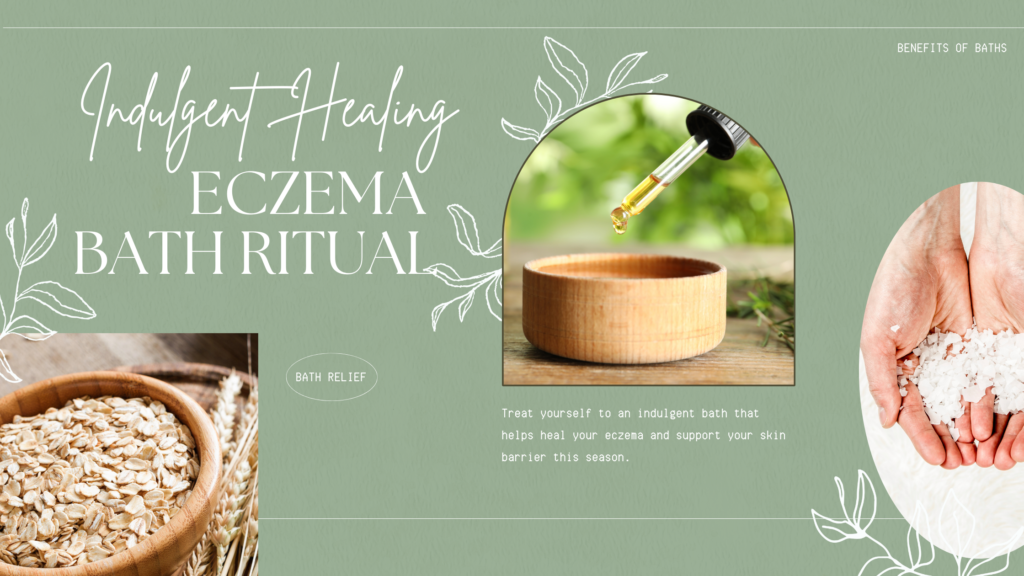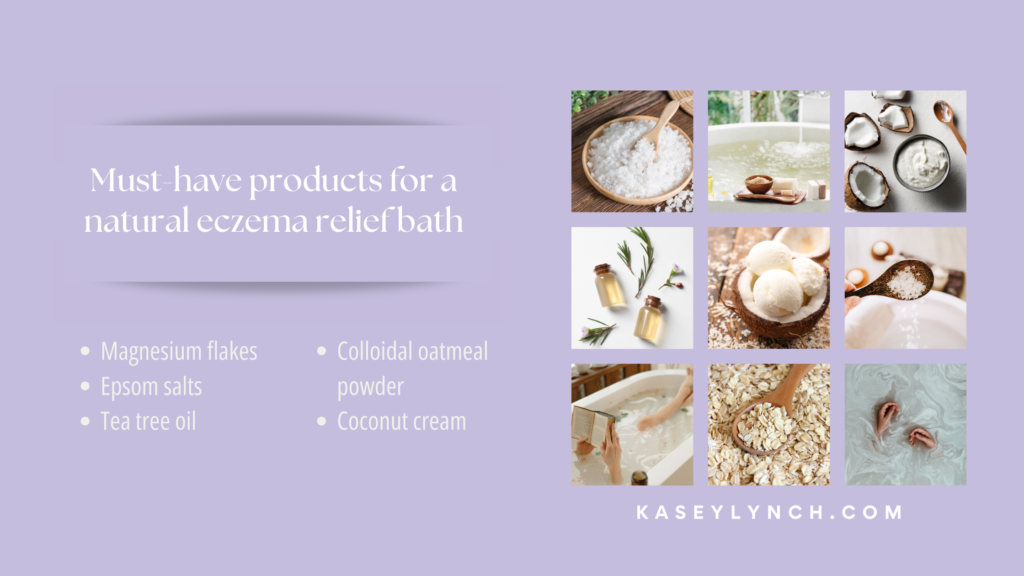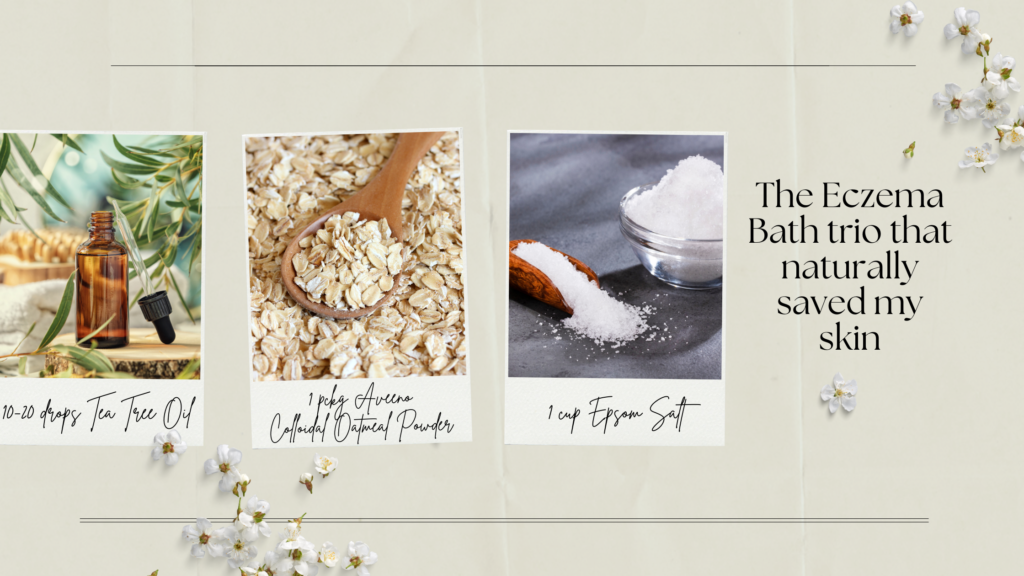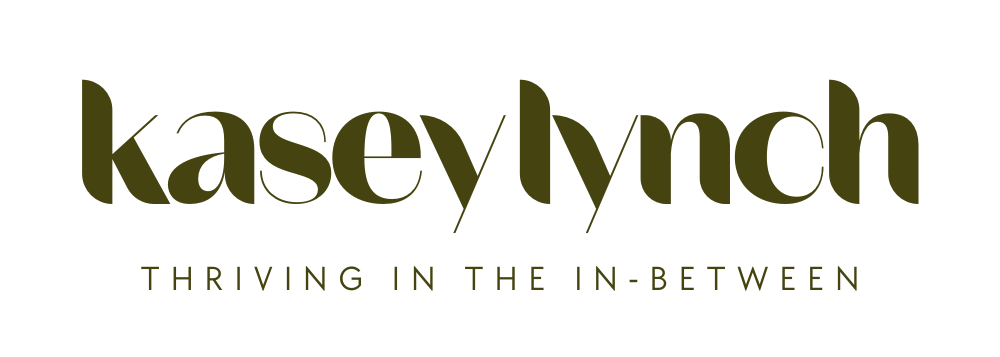Last Updated on 1 year ago by Kasey Lynch

Dealing with eczema or sensitive skin, coupled with allergies to various chemicals and toxins, can pose a challenge when it comes to finding bath products that not only feel good on the skin but also smell delightful.
However, the quest for suitable options should not deter you from experiencing the fantastic benefits a rejuvenating bath can offer.
For me, baths are non-negotiable; they’re an integral part of my life. I’ve set a personal standard — no apartment without a bathtub will ever cut it for me.
As someone who has a deep affinity for water (and happens to be a Pisces), I spent my childhood summers in the ocean. Since I no longer reside by the beach, and lakes aren’t always easily accessible, baths have become my go-to solution.
They serve as a vital component of my daily routine, offering a sense of sanity when a refreshing swim isn’t feasible after a long day. More than just an occasional spa night for relaxation, baths play a crucial role in maintaining my well-being.
If you’re anything like me and have insanely sensitive skin, you’re probably bummed out that traditional bubble baths or bath bombs aren’t something you can indulge in.
But don’t worry! I’m here for you.
In this blog, I’ll delve into the numerous benefits of bathing and share my favorite eczema bath recipes specifically designed to soothe irritated skin during eczema flare-ups or dry winter months.
Benefits of Baths
Ah, bath time. Some people love it and swear by it while others think it’s akin to sitting in a cauldron of your own filth.
For the naysayers, here’s some scientific support for you to swap your shower-only mental state to consider what a warm, 20-minute bath can do for your health:
- A hot bath functions as thermotherapy and the effects are similar to the cardiovascular benefits of going for a run with less stress on your system (new rest day activity unlocked!)
- Full body immersion in warm water, or hydrotherapy, has been shown to decrease muscular aches and pains related to fibromyalgia
- This study found that raising the body’s core temperature by soaking in a warm bath may boost mood-regulating hormones
- Sitting in a warm bath before you go to bed can aid in a better sleep cycle since the heating of the body’s core followed by a quick cooling is similar to the body’s natural circadian rhythm cycle when your body prepares for sleep
These are just some of the reasons bathing is good for your health, and I haven’t even touched on the benefits to your skin yet!
I skipped those on purpose because I believe what you add to your warm bath water is what delivers the most impact on your skin since warm water opens up your pores, allowing added products to be more effective.
That being said, let’s take a look at must-have non-toxic eczema products that will soothe irritation and create a luxurious experience for anyone with sensitive skin.
My Go-To Healing Eczema Bath Recipes
For someone who experienced eczema for the first time as an adult, I understand the frustration and anger that happens because it feels like you’re spinning your wheels with no results.
I had a head-to-toe eczema break out for eight months as a result of a contact allergy that had not been diagnosed.
I was pumped to the gills with steroids, both internally and topically, for months. Yet without fail, every night, I woke myself up because I was scratching at my skin so aggressively through my mittens that were supposed to prevent me from breaking the skin while I “rested.”
I was a walking disaster. The only answer I received from my dermatologist was, “You have eczema and we offer a bi-weekly shot that can help manage it.”
Considering I knew it was a reaction to something we had yet to determine and getting stuck with a needle every two weeks for the rest of my life was simply not an option, I took matters into my own hands.
One of the ways I healed my eczema naturally was by taking long, lukewarm baths filled with non-toxic, nourishing ingredients that helped my skin calm down and heal itself — without the help of pharmaceuticals or annoying dermatologists (who in my opinion had just given up).
The following ingredients for my non-toxic eczema bath were the only things that helped clear my skin enough to do a patch test to finally determine what ingredient was causing all of the chaos.

Colloidal Oatmeal Powder
When going through my eight-month immersive experience from eczema hell, I found Aveeno Colloidal Oatmeal Bath powder. This was the only ingredient that formed the hair-thin string of sanity while I struggled to figure out what my skin was reacting to.
It genuinely was my only reprieve. They make a Baby and Adult version, but the formula is exactly the same. The adult version simply has more powder in each packet.
If you’re on a tight budget like I am lately, splurging for Aveeno products that only come with six hits of the good stuff can be a struggle.
I’ve tried blending rolled oats into a powder consistency, which worked OK but it wasn’t my favorite.
As a cheap, reliable, pantry staple alternative, you can add a cup or so of rolled oats into the foot of pantyhose or tights. Once packed tightly, tie the oatmeal pack to your bathtub faucet. As your bath fills up, the oats soak and release their sweet nectar of calming relief that will have you wishing you turned to oatmeal sooner.
Regardless of the method you choose, oatmeal powder is a critical ingredient in a calming, restoring eczema bath recipe. But, don’t stop there!
Tea Tree Oil
Eczema flare-ups can be relentless, leaving your skin irritated and inflamed. One of my tried-and-true remedies for finding relief lies in the soothing embrace of a warm bath infused with the goodness of tea tree oil. This ingredient is the cornerstone of any eczema bath recipe!
This natural essential oil, derived from the leaves of the Australian tea tree (Melaleuca alternifolia), boasts a myriad of benefits that can significantly alleviate the discomfort associated with eczema.
1. Antimicrobial Marvel:
Tea tree oil is renowned for its potent antimicrobial properties, making it a formidable ally against bacteria and fungi that can exacerbate skin conditions.
Incorporating it into your bath not only provides a refreshing cleanse but also aids in preventing infections that may accompany eczema.
2. Anti-Inflammatory Bliss:
Eczema is characterized by inflammation, redness, and itching. Tea tree oil has anti-inflammatory properties that can help soothe these symptoms, providing much-needed relief to your distressed skin.
The warmth of the bath enhances the absorption of the oil, allowing it to work its magic on your skin.
3. Supports a Healthy Skin Barrier:
One of the challenges of eczema is maintaining proper skin hydration. Tea tree oil, when added to your bath, contributes to a moisturizing effect, preventing excessive dryness and promoting a healthier skin barrier.
This natural hydration boost can be especially beneficial in managing eczema-prone skin.
4. Calming Aromatherapy:
Beyond its therapeutic benefits, tea tree oil brings a refreshing and invigorating scent to your bath. The aromatic experience adds a layer of relaxation, turning your bath into a holistic sensory escape that contributes to both physical and mental well-being.
Important note: When using tea tree oil, you may experience a mild tingling sensation where you’re experiencing eczema breakouts. For me, this was the case after sitting in a warm bath with tea tree oil for about 15 minutes or more. It’s up to you how soon you get out of the water after feeling this tingling sensation but you can always consult with a physician for personalized guidance.
Epsom Salts
Epsom salts are known for their ability to help treat minor aches and pains by reducing swelling. I can personally attest to this from my experience treating multiple severe ankle sprains.
During some of my initial physical therapy appointments, I was determined to recover as fast as humanly possible because I had club volleyball tryouts in just a few weeks.
One element of my at-home therapy involved alternating cold and heat therapy. I did this by dunking my entire foot up to my shin in ice-cold water for 10 minutes then alternating to warm water with Epsom salts for 10 minutes then repeating that process for a couple of cycles.
Although this was a more extreme use case of Epsom salts dissolved in warm water, the anti-inflammatory effects are ideal for those with eczema. When battling eczema, I turned to Epsom salts to help alleviate some irritation and inflammation which worked!
However, I wouldn’t use Epsom salts on their own to provide much-needed eczema relief. They become potent when combined with oatmeal powder and tea tree oil.
This particular trio of products was the cornerstone of my natural eczema healing journey that healed my skin enough to become eligible for a patch test — ultimately leading to my contact allergy diagnosis that was the root cause of my eight-month battle with eczema.

Magnesium Salt Flakes
Did you know that nearly half of the American population experiences a magnesium deficiency? Considering the fact that your skin is the largest organ and “magnesium deficiency is rampant and one of the leading causes of chronic diseases” according to this study, there are truly no downsides to adding magnesium into your routine — whether through supplements or topically.
Topical magnesium specifically has been used to clear eczema flare-ups for multitudes of people (myself included). There are various forms of topical magnesium that can provide much-needed relief to dry, itchy skin, including magnesium spray and magnesium cream.
Magnesium cream has been proven to help heal dermatitis in babies who have diaper rash! I have personally used magnesium spray to clear hot spots, but when it’s not diluted, it’s a really unpleasant yet effective option. But I save this as my last resort since it stings like a BITCH.
Magnesium cream is much more palatable, but when your entire body is mildly irritated, sprays and creams don’t cut it. This is where magnesium salt flakes come in.
By adding magnesium salt to your bath water, you can start to mimic those ultra-healing effects of topical magnesium in a more effective way. It also allows you to dilute the magnesium (something that most sprays don’t offer) so you can determine how aggressive or mild your topical treatment protocol is.
My recommendation is to add ½ of magnesium salt flakes alongside ½ cup of Epsom salts to your bath water. This combination will be a great starting point for your irritated skin and your overall health.
Coconut Cream
Coconut cream is a recent addition to my bath routine. The first time I heard about putting coconut cream into anything (which comes in a can, mind you) I was quite uncertain.
It’s very popular in curries and soups but I had never considered using it in a bath. At least not until I was streaming a meditation bath series on the Alo Moves app. Each episode of the series had a sound healing meditation as well as recommended bath ingredients to focus on the specific intention held for that particular meditation.
It was during one of these sessions that I added coconut cream to my bath water for the first time. I also learned that adding loose herbs to your bath was actually a terrible idea and left a lot to be desired when it was time to clean out your bathtub…
Side note: Coconut cream does leave a mild residue on the sides of your bathtub but it’s easy to clean with any cleaner you use in your shower.
When adding coconut cream, you can toss the contents of the entire can right into your bath as it’s filling up. At first, the solids will stick together, but as they start to melt in your warm water, you can break them up with your hands to assist with the dissolving process.
But friend! Coconut cream is a savior for irritated skin.
Its ample fat content locks in moisture before you even get out of the water. This is CLUTCH when you’re battling eczema or a contact allergic reaction since your biggest enemy in those situations is dry, flaky skin.
It essentially is like rubbing coconut oil all over your skin when you get out of the shower but instead of tackling that process after your cleansing routine, it gets into all the nooks and crannies of your crackling skin while it’s in a calmed state.
This means, no rubbing or additional friction added to your sensitive skin. You can just soak, soothe, and start your day right when you’re done.
Pro tip: Do not rub your skin to dry off when you get out of a bath or shower. Softly pat your skin dry to keep the nourishing contents of your bath water locked onto your skin. This helps keep your skin barrier and any oils intact, which is crucial for those fighting the battle against eczema. If you rub or drag a towel across your skin, you’re doing yourself a massive disservice.
Needless to say, coconut cream will now be a staple in my pantry because it truly delivers a luscious experience fitting for any bath time queen — itchy or otherwise.
You Deserve an Indulgent, Healing Bath
Whether you have eczema or sensitive skin, you deserve an indulgent bath experience you can turn to for stress relief and comfort.
By keeping oatmeal powder, Epsom salts, tea tree oil, coconut cream, and magnesium flakes on hand, you’ll always have what you need when you’re craving a calming, warm bath at any time of the day.
If you have any other go-to natural products I haven’t mentioned that take your baths to the next level, let me know in the comments!





[…] Related: Soothing the Itch: Indulgent Bath Rituals for Eczema Relief […]